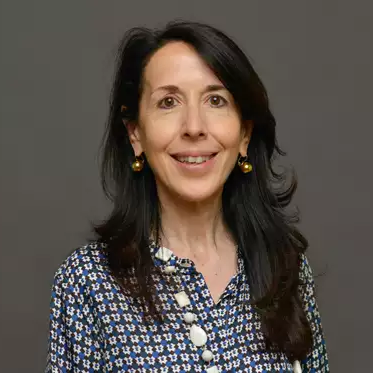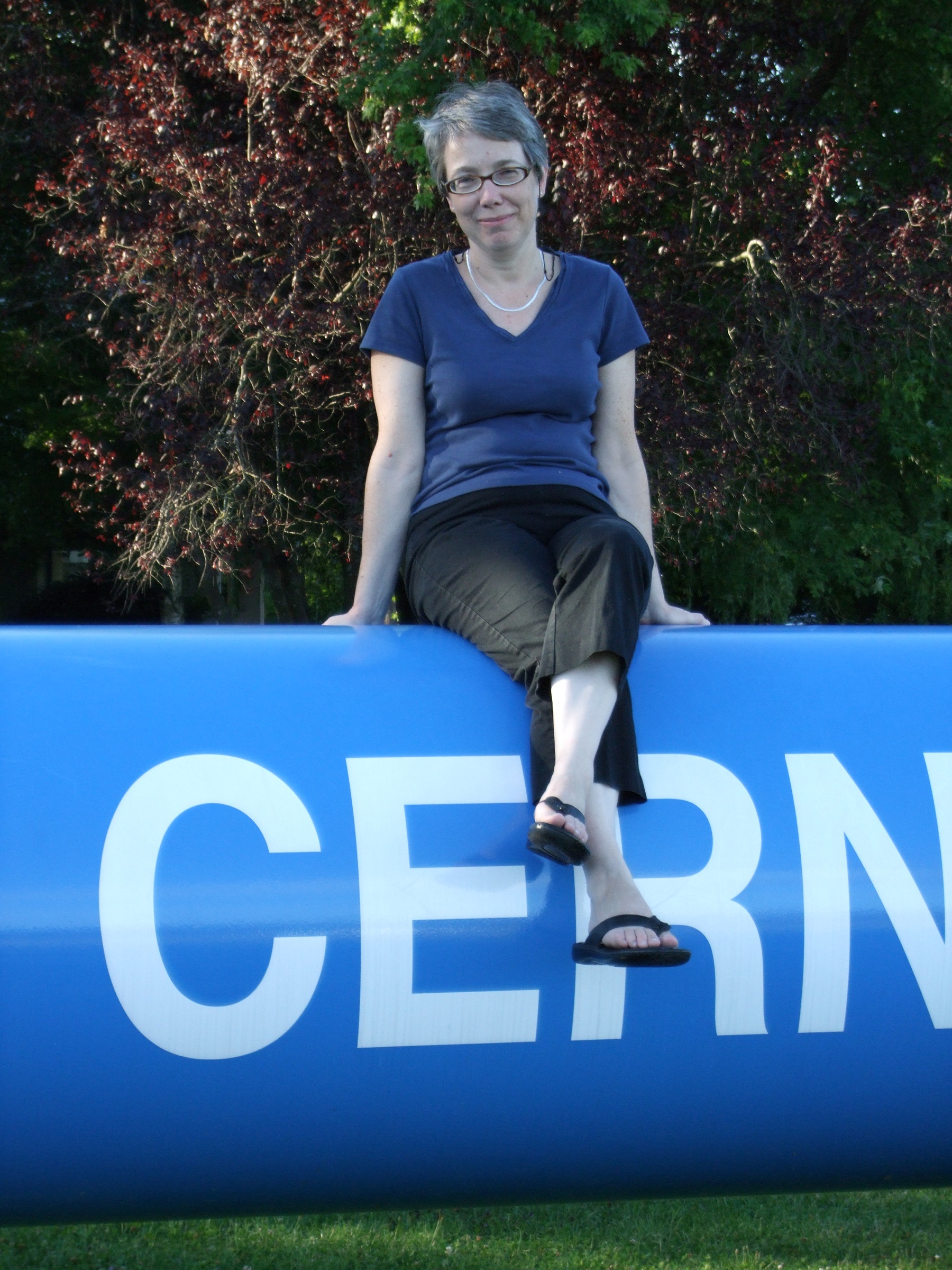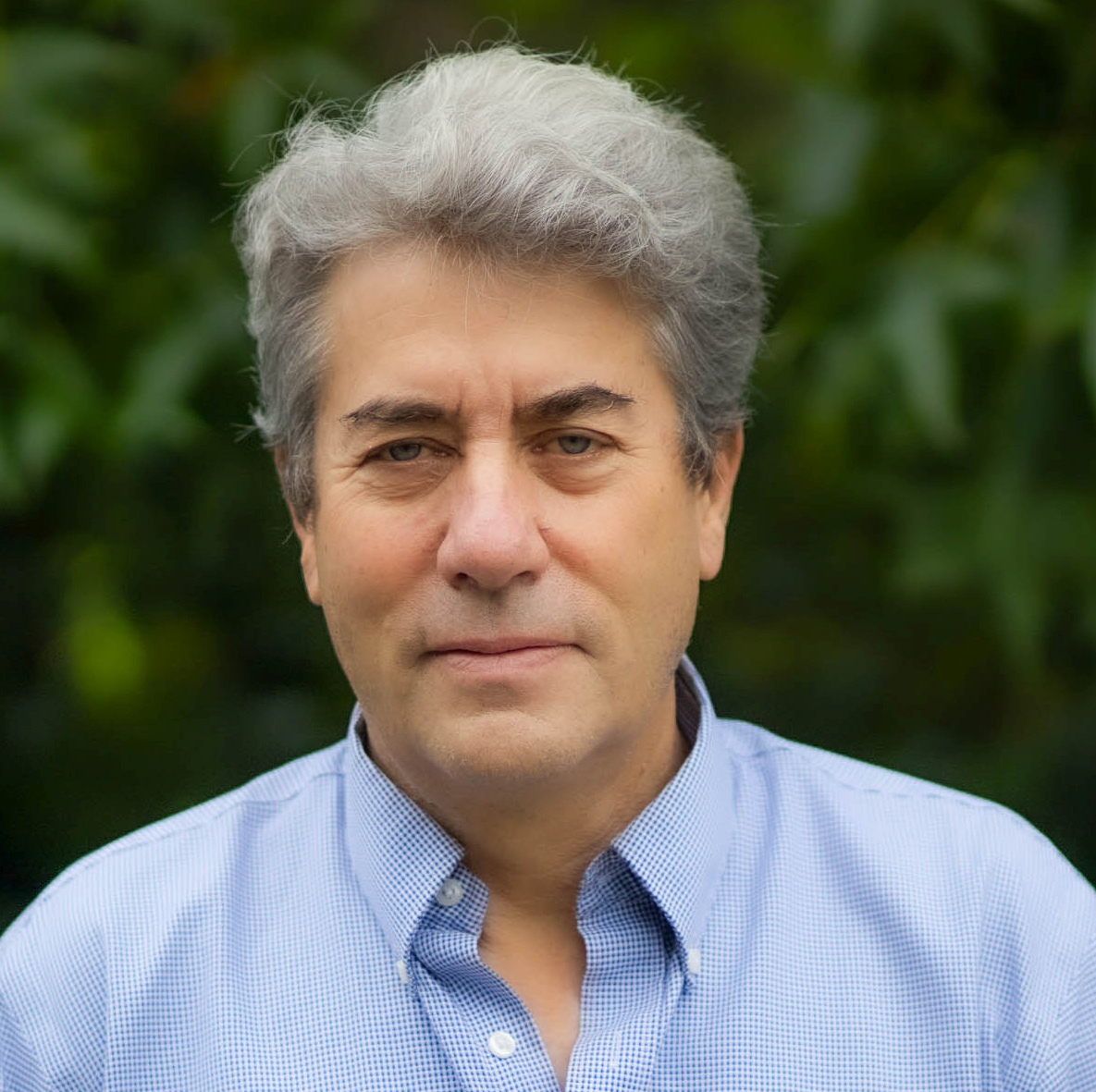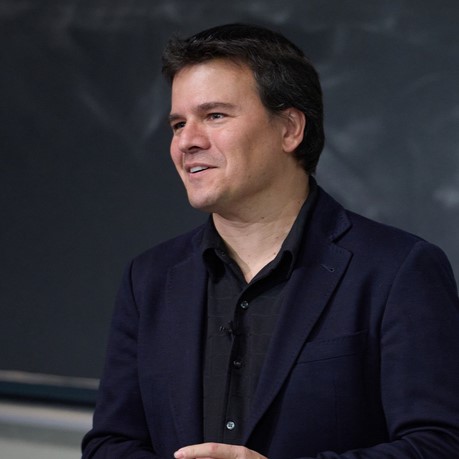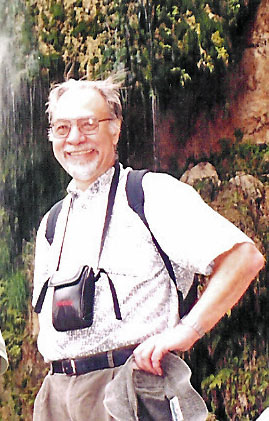Losert Named MPower Professor
- Details
- Published: Thursday, November 16 2023 10:07
Wolfgang Losert has been named an MPower Professor. Three professors from UMD and from the University of Maryland, Baltimore (UMB) received this distinction from the University of Maryland Strategic Partnership: MPowering the State (MPower), which recognizes, incentivizes, and fosters collaborations between the two institutions.
Losert holds a joint appointment in physics and the Institute for Physical Science and Technology (IPST). He also holds an affiliate appointment in the Fischell Department of Bioengineering, andan adjunct appointment with the University of Maryland Medical System's Greenebaum Comprehensive Cancer Center. He is co-director of the National Cancer Institute-University of Maryland Partnership for Integrative Cancer Research. Losert's research — supported by $2 million-plus a year in funding for the past seven years — is at the convergence of physics, biology, and artificial intelligence and focuses on the nonlinear dynamics of living systems.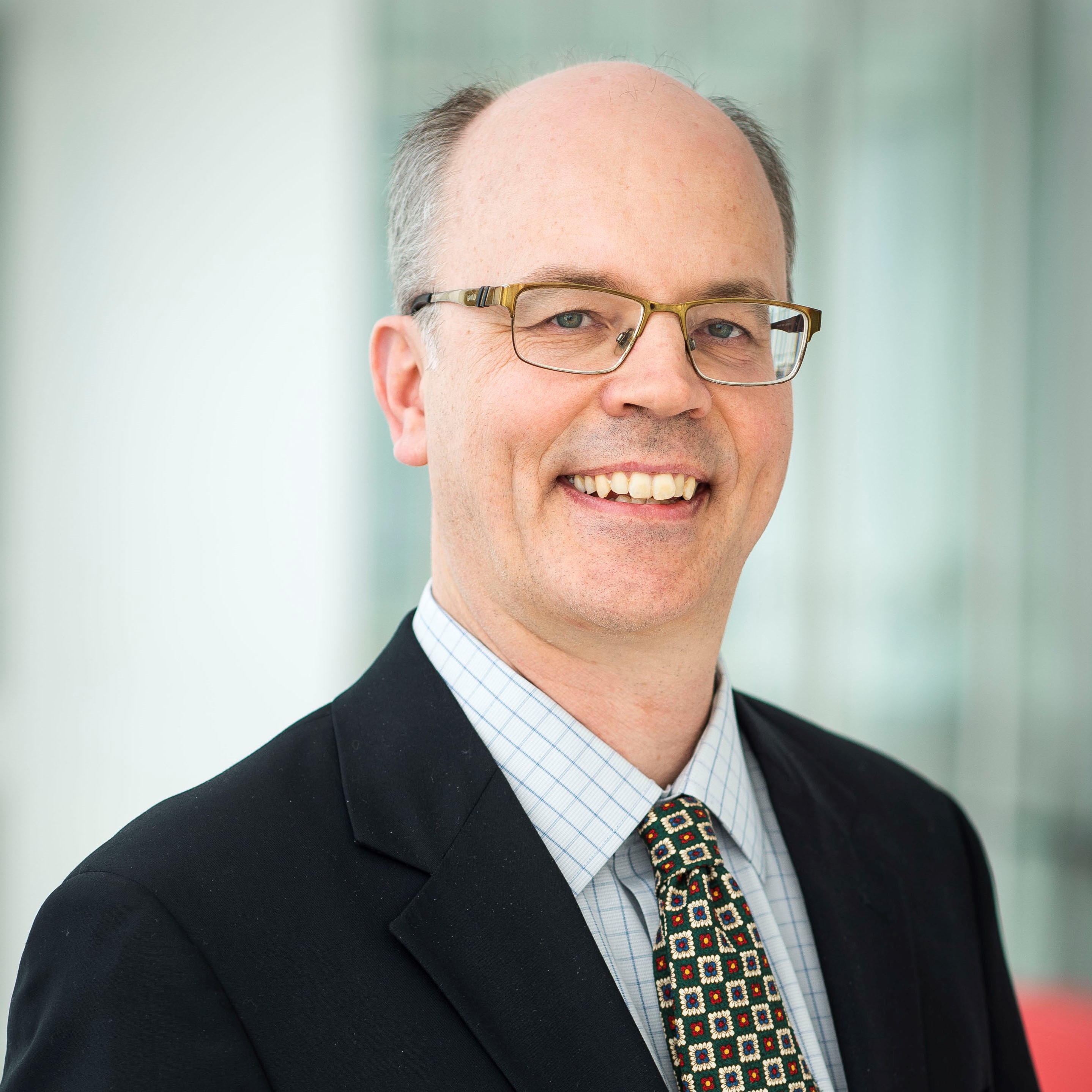 Wolfgang Losert. Credit: UMD/Lisa Helfert.
Wolfgang Losert. Credit: UMD/Lisa Helfert.
In his research, Losert aims to discover emergent dynamic properties of complex systems at the interface of physics and biology. He currently leads a Multidisciplinary University Research Initiative program funded by the Air Force Office of Scientific Research that transformed our understanding of how cells sense their physical environment. He also serves as co-principal investigator on a Brain Research through Advancing Innovative Neurotechnologies (BRAIN) initiative center grant from the National Institutes of Health focused on information processing in sensory brain circuits.
Losert actively fosters cross-disciplinary interactions and new research and educational opportunities on campus and beyond. He helped launch and currently co-leads the American Physical Society Group on Data Science. He was part of a trans-university initiative of the Howard Hughes Medical Institute (called NEXUS) that developed new science and math courses for biology majors and pre-health care students that are being widely adopted. He led the development of and co-directs the NCI-UMD Partnership for Integrative Cancer Research, which provides UMD faculty members and graduate students the opportunity to tackle pressing problems in cancer research in collaboration with National Cancer Institute experts.
A Fellow of the American Physical Society and the American Association for the Advancement of Science, Losert joined UMD in 2000 as an assistant professor and served as an associate dean in CMNS (2014-22) and as interim IPST director (2019-20). He earned his Ph.D. in physics from the City College of the City University of New York in 1998 and his diplom in applied physics from the Technical University of Munich in Germany in 1995.
Also selected were Jessica Magidson and Steven Prior from UMD and Lisa Berlin, Osamah Saeedi and James Polli from UMB.
